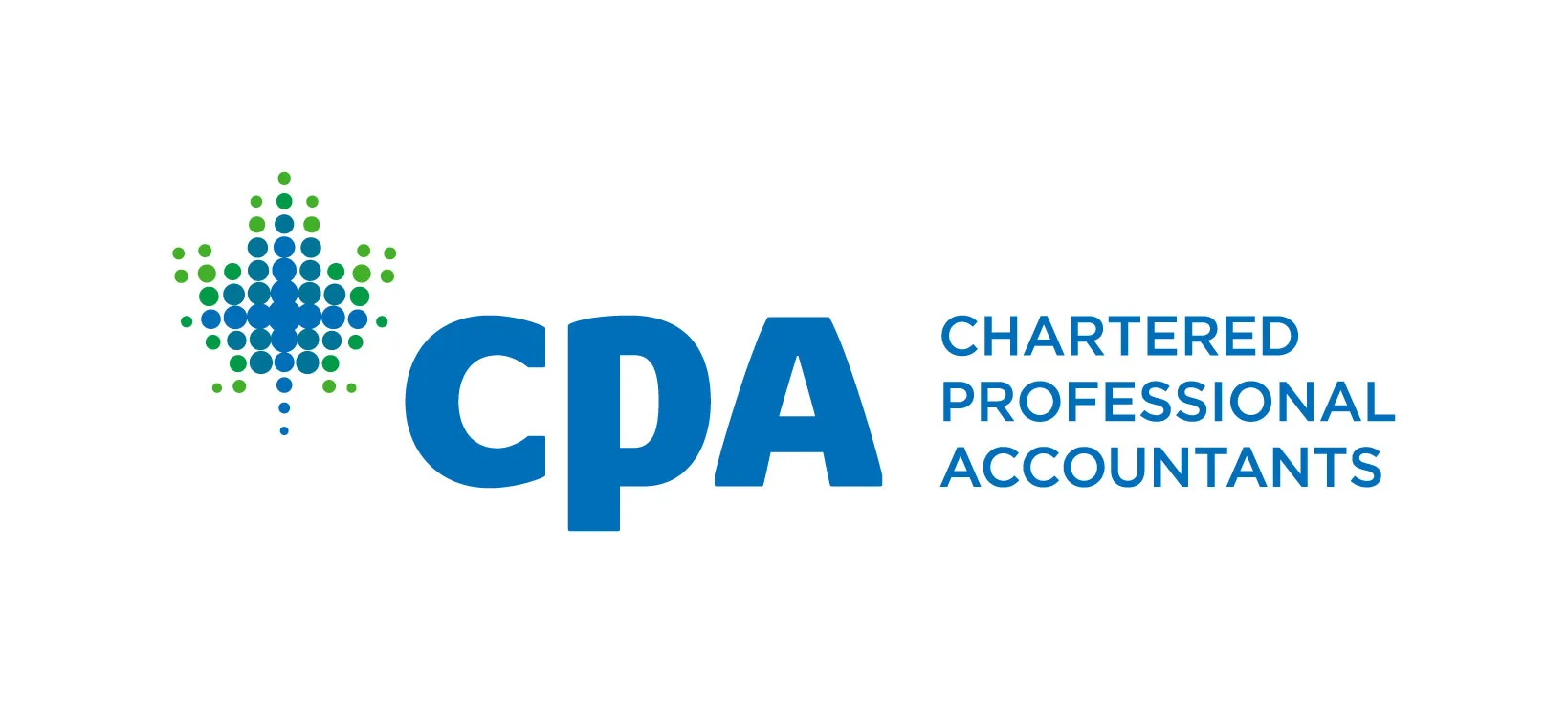Income Tax for Canadian Non-Resident
Your tax responsibilities in Canada are contingent upon your residency status, determined by the extent of your connections with the country, irrespective of your nationality. The nature of your ties with Canada dictates whether you are obligated to fulfill tax obligations, even if you identify as a non-resident.
How to determine your residency status in Canada?
The CRA determines residency status case-by-case.To evaluate if you’re a Canadian resident or not for tax purposes, the CRA considers your Canadian residential ties, including:
Owning or leasing a home in Canada for a long term
A spouse or common-law partner who lives in Canada
Your Dependents staying in Canada
The amount of time you spend in Canada
Your plans for future travel or permanent location
Whether you have Canadian bank accounts
Whether you have a Canadian driver’s license
Whether you have canadian passport
Whether you have a provincial health insurance

Your Residency Status Category as per Canada Revenue Agency
(Whether you are travelling, working, or live part-time abroad)
Non-Resident
If you are a non-resident, that means you are no longer a resident of Canada for income tax purposes. Usually, non-residents leave Canada and cut significant residential ties to the country.
Dual Resident
A dual resident is typically someone who has a home in more than one country and is considered a resident of two countries. In this case, you will likely be required to file tax returns in both Canada and the country where you are a resident, which may result in double taxation.
Factual Resident
Even if you are not physically within Canadian borders, it is still possible to maintain significant residential ties to Canada, which makes you a factual resident. Some cases where you may be considered a factual resident include:
Working temporarily outside Canada,
Teaching or attending school in another country,
commuting (going back and forth daily or weekly) from Canada to your place of work in the United States (U.S.),
vacationing outside Canada.
If you’re a factual resident of Canada, you’re taxed as if you never left Canada.
Deemed Resident
You’re considered a deemed resident if you:
Don’t have significant residential ties to Canada,
We're in Canada for 183 days or more during the tax year,
And aren’t considered a resident of any other country under the tax treaty terms between Canada and that country.
If you work for the government, are a member of the Canadian Forces, or work under a Global Affairs Canada Assistance program and live outside Canada during the tax year and have no significant residential ties to Canada, you’re also a deemed resident. As a deemed resident, you have the same tax obligations as a resident.
Deemed Non-Resident
If you’re considered a resident of another country, you’re deemed non-resident. In this case, you are subject to Canadian tax on Canadian income sources, unless exempted by a treaty provision. You are also required to pay provincial/territorial tax if you have earned income from a business with a permanent establishment in Canada.
The tax rules for deemed non-residents are the same as those of non-resident of Canada.
Determine Residential Ties
The most important thing to consider when determining your residency status in Canada for income tax purposes is whether or not you maintain or establish significant residential ties with Canada. It Includes: a home in Canada, a spouse or common-law partner in Canada, dependants in Canada, personal property in Canada (car or furniture), social ties in Canada, such as memberships in Canadian recreational or religious organizations economic ties in Canada, such as Canadian bank accounts or credit cards a Canadian driver's licence a Canadian passport health insurance with a Canadian province or territory

Do non-residents need to file a Canadian tax return?
Usually, non-residents who receive a Canadian income have to pay either Part I tax or Part XIII tax.
Part I tax is typically paid by the person who pays you the income.
Part XIII tax is a non-refundable withholding tax on certain types of income such as dividends, rental payments and pension.
A lot of non-residents don’t need to file a Canadian tax return if they pay withholding tax on their Canadian-sourced income.
But if you receive rental, acting or pension income you may be able to choose to file a return and pay tax on taxable income instead of paying the withholding tax on gross income.
How much are non-residents taxed?
Non-residents are taxed at the current federal tax rates, plus a surtax of 48% of the federal tax. (If your income is earned from a business with a permanent establishment in Canada, you pay the provincial or territorial tax instead of the surtax.)
You’re also subject to a 25% withholding tax on certain types of income such as dividends, rental payments, pension and OAS payments, and RRSP payments in Canada.
You should let your Canadian payers know that you are a non-resident and what your country of residence is to make sure they deduct the right amount of taxes from your Canadian income.


What do I need to report on my return?
If you’re a non-resident, you need to report these types of income:
Any employment income in Canada
Any other Canadian-sourced income, such as scholarships, fellowships, bursaries, research grants
Income from a business that is located in Canada
Capital gains from selling Canadian property
Net partnership income (limited and non-active partners only)
You don’t need to report other types of income but must enter them on your tax return in Schedule A – Statement of World Income.
How do I file my Canadian taxes as a non-resident?
To file your Canadian non-resident tax return, you need your Social Insurance Number, but if you don’t have one, you need to apply for an Individual Tax Number using Form T1261 (Application for a CRA ITN for Non-Residents).
To get all the forms and schedules you need, use the Income Tax and Benefit Package for Non-Residents and Deemed Residents of Canada for 2020.
If you’re a non-resident or a deemed non-resident of Canada, you will not be able to NETFILE your tax return. You will have to print and mail or fax it to the CRA. (Fax is a temporary measure due to the long international mail delays).
If you are filing more than one person’s tax return, send each person’s tax return separately. But if you are filing multiple years’ tax returns for one person, you can put them all in one envelope.
Since Quebec residents are the only ones in Canada that have to file 2 tax returns, one federal and one provincial, there are specific tax obligations of non-residents to the Quebec government.

Frequently Asked Questions
Everything you need to know about Non-Resident Tax in Canada

